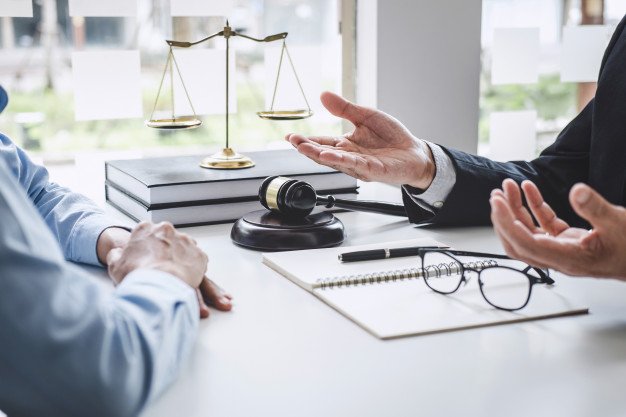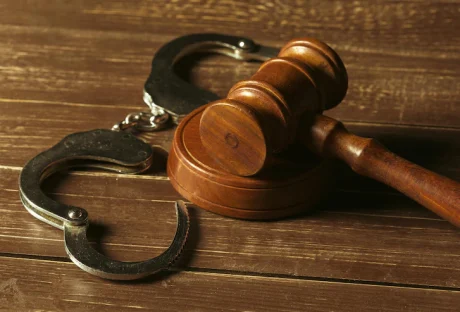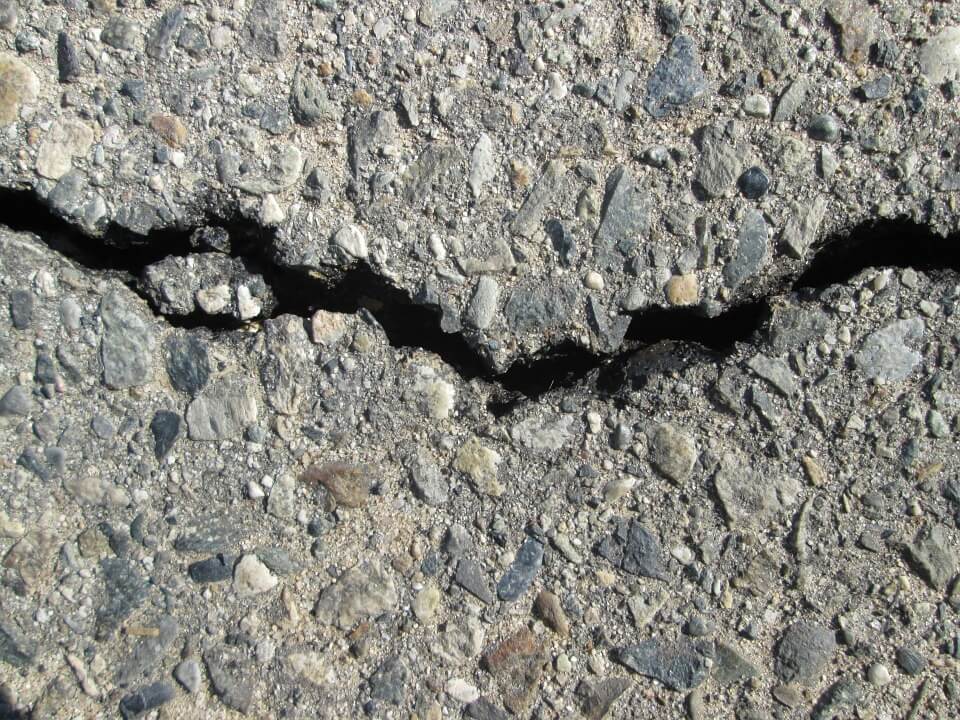The new legislation is complex, especially for business owners that are not well-informed in business law. Since it is expensive to secure a full-time legal team, businesses favor hiring legal advisors who can help them with policy guidelines, understanding, and implementation of business law. Every business needs a lawyer’s advice.
Concerns in business sales, mergers, contracts, financial disputes, and wills are among the areas businesses need lawyers’ advice. With new legislation regularly changing, businesses must become competent with legal matters, to avoid legal battles that are expensive, time-consuming even damaging to the organization’s reputation hampering business marketability. You can prevent these events by hiring a business law inclined lawyer to help you in safeguarding your business from legal damages and profit loss.
Why lawyer’s advice is needed in business?
With the risk of losing profits because of contract flaws in mergers or sales, it is to your advantage to hire a business lawyer to wielding contracts with no loopholes. Tribunal cases are not an option as it is financially draining and time-consuming as well. You must protect your company from the hassles of financial disputes resulting in tribunal sessions. An efficient business owner knows the importance of binding business contracts. Hiring an expert to concentrate on contract drafting, funds, and company policies will prevent legal problems within the company and towards other entities.
Moreover, your lawyer will give you business advice to strengthen your business finances while protecting it from future legal conflicts. With the best lawyer’s advice, your business is sure to progress in the right direction. Legal assistance can equip you with legal information regarding business law and how to implement it. You must hire an experienced lawyer whom you can trust with your company’s future.
Business solicitors:
Business solicitors can help you sort out the terms and conditions of your commercial lease. You must understand the intricacies stated within the agreement to prevent violations and leasing problems. Whether in drafting or signing a leasing contract, consulting your lawyer is the smartest decision to make. They will advise you regarding clauses that you will likely have trouble with or sections that are unwarranted.
If your goal is to grow your business through mergers and/or acquisitions, a law expert can help you in drafting contracts. That contract will determine the state of the business shares, the organizational structure of your business after the merger, and the governing documents and contracts regarding property rights, etc. One of the reasons why you will need a lawyer is that the entire process requires an expert to secure your end of the agreement.
Conclusion:
You must be aware by now that as a business owner, you need a lawyer to help you with your business dealings. Upon digesting the reasons why you need to hire one, finding an experienced lawyer like Andrew Gardiner Law, will never come easy.
Read Also:






















